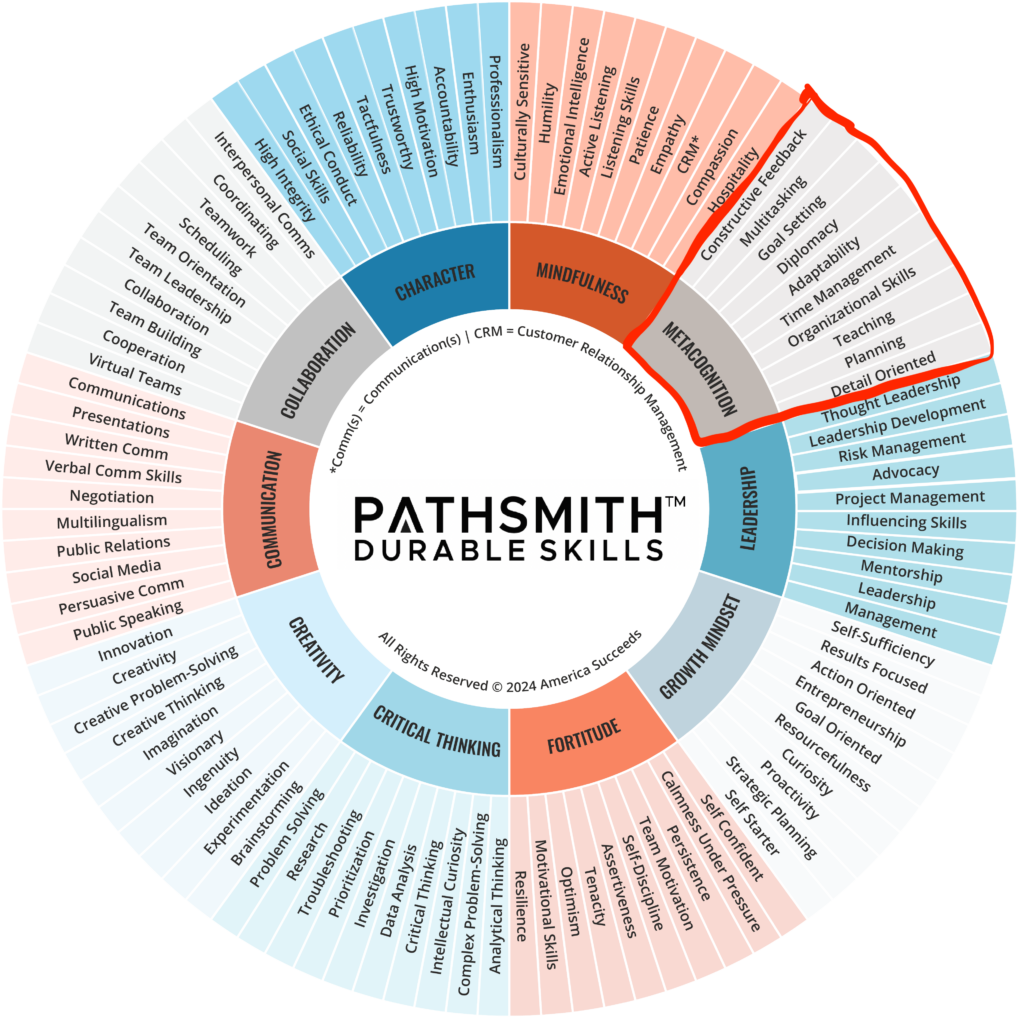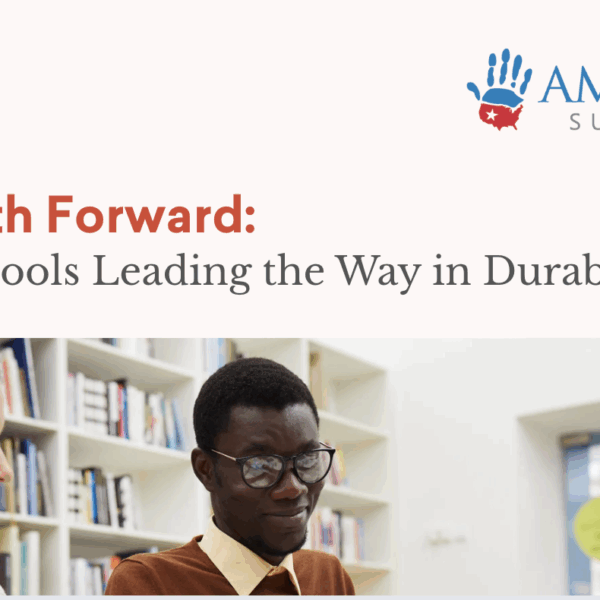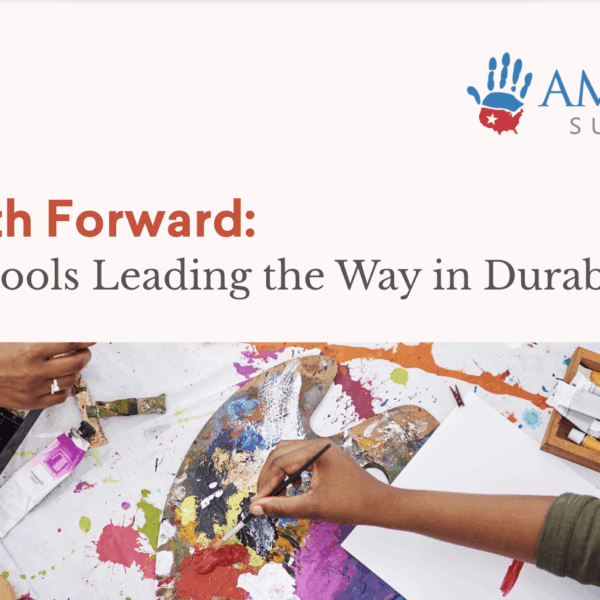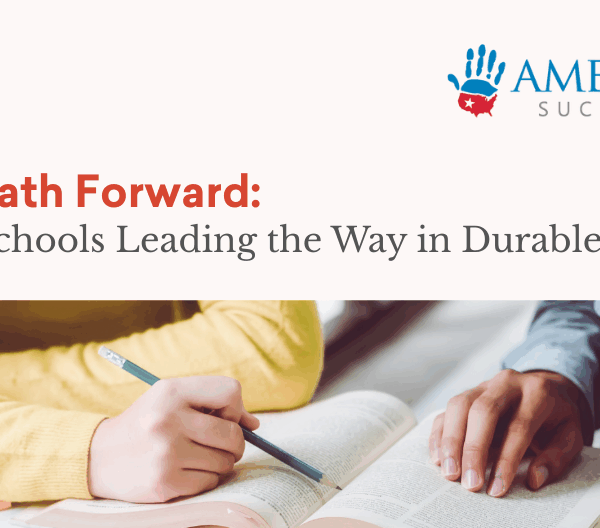Written by Lauren Cole, VP of Strategy and Operations at America Succeeds.
In 2010, I made a life-changing decision to join City Year, an education non-profit focused on the success of students and schools. As a 17-year-old fresh out of high school, I didn’t realize it at the time, but this experience would test and build one of the most essential durable skills: metacognition. Serving as a corps member in an underperforming Boston school, I quickly realized that my success wasn’t just about helping students academically; it was about understanding how I could continuously improve.

My role involved helping students at risk of falling behind in school. Each day brought new challenges – from academic struggles to behavioral issues to students navigating difficult home environments. No amount of training could fully prepare me for the day-to-day realities of serving in this environment, but what I did have was adaptability. I learned how to quickly assess situations, shift strategies when needed, and find solutions that worked within the constraints of the moment.
Time management was another key aspect of my reflection process. Balancing lesson planning, tutoring sessions, and team responsibilities required me to think critically about how I used my time. After each day, I would assess how effectively I had managed my schedule – what tasks took longer than expected, where I could have been more efficient, and how I could structure the next day to achieve more. This reflection helped me refine my time management skills, enabling me to prioritize tasks and maximize the limited hours I had with each student. Over time, I became better at juggling multiple responsibilities without sacrificing the quality of my work.
Goal setting was at the heart of everything I did. Each week, I set clear objectives not only for my students but also for myself. I found that reflective goal setting – evaluating what was achievable in the short term and what needed more time – was essential for staying on track. For instance, with one student who struggled with reading comprehension, my goal was to help him increase his reading level by the end of the semester. Breaking this larger goal into smaller milestones allowed me to track his progress week by week, reflect on what was working, and adjust our strategy as needed. By setting realistic goals and reflecting on my progress, I was able to celebrate small victories along the way, which kept both the student and myself motivated.
Looking back, I realize that metacognition was the skill that tied everything together. By staying adaptable, managing my time wisely, and setting clear, reflective goals, I was able to navigate the challenges of working in a complex environment. These skills not only shaped my service with City Year but also became foundational in my approach to the professional and personal challenges I’ve encountered since. Today, I continue to rely on metacognition to reflect on my actions and decisions, ensuring that I’m always growing, adapting, and improving.
At America Succeeds, we aim to showcase the value and tangible impact that durable skills have on personal and professional growth. We invite you to share your own story of how a durable skill has shaped your journey—your experiences could inspire and empower others in their pursuit of success.




